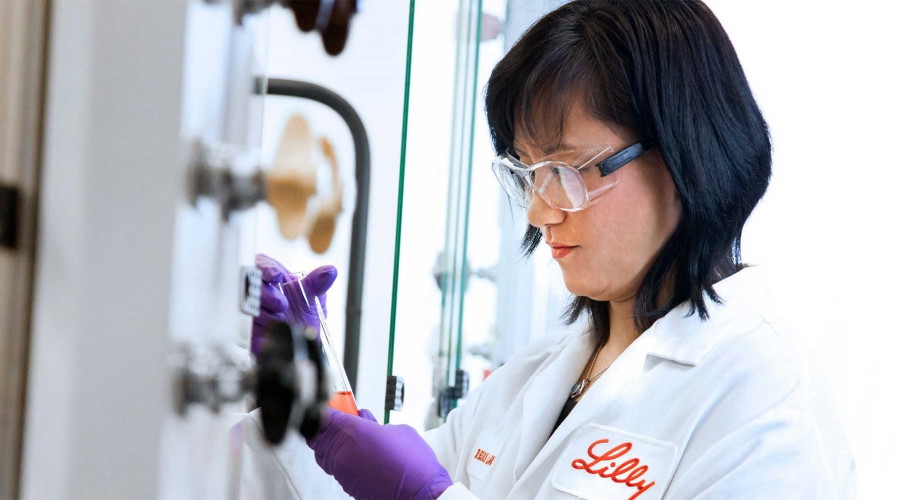Lilly sets aside $2.1bn for domestic investments

Eli Lilly's home state of Indiana is set to benefit from a massive $2.1 billion investment by the pharma group, earmarked for two brand new manufacturing facilities.
The two plants will both be located at the LEAP Lebanon Innovation and Research District in Boone County, a few miles to the north west of Lilly's headquarters in the Hoosier state capital Indianapolis.
They will be used to produce "active ingredients and new therapeutic modalities, such as genetic medicines," said the company in a statement.
The proposed project is expected to create 500 new internal roles, as well as approximately 1,500 construction jobs while the facilities are being built. Moreover, each new internal Lilly position is expected to create four indirect jobs in the local community, said the company, citing pharma industry data.
"More than 146 years after our founding, Lilly remains committed to investing and innovating in Indiana," said David Ricks, Lilly's CEO. "These new sites will add capacity in support of our growing pipeline of innovative medicines, while also creating more high-tech jobs for Hoosiers."
Lilly's total investment in the Indianapolis area has totalled $2.5 billion over five years and swelled the number of company employees in the state to more than 3,700, he told a press conference at the Indiana State Capitol yesterday.
The new project comes a few months after Lilly announced another major capital investment project in North Carolina, where it plans to build a $1 billion new manufacturing plant for injectable drugs, as well as a $445 million new plant for biologics ingredients in Limerick, Ireland.
The facility in Concord, NC, is expected to create 600 internal jobs, with another 300 tied to the Irish project.
Lilly says its manufacturing investment is needed to build capacity in the wake of 17 new product approvals in the last eight years, including most recently the FDA clearance of type 2 diabetes therapy Mounjaro (tirzepatide).
It's expecting another four new approvals in the next two years from its late-stage pipeline, which includes Alzheimer's hopeful donanemab, pirtobrutinib for B-cell cancers, lebrikizumab for atopic dermatitis and ulcerative colitis candidate mirikizumab.













